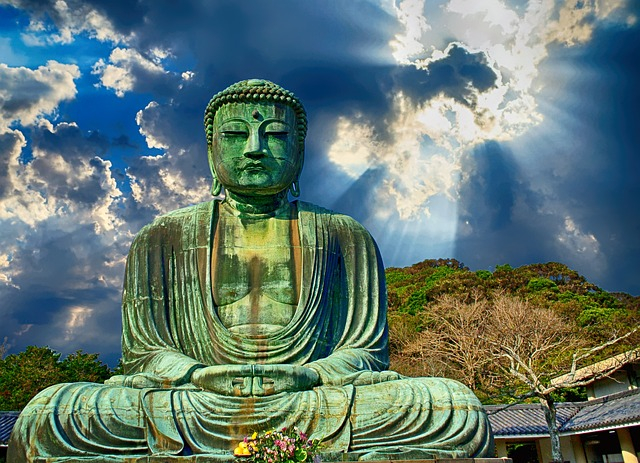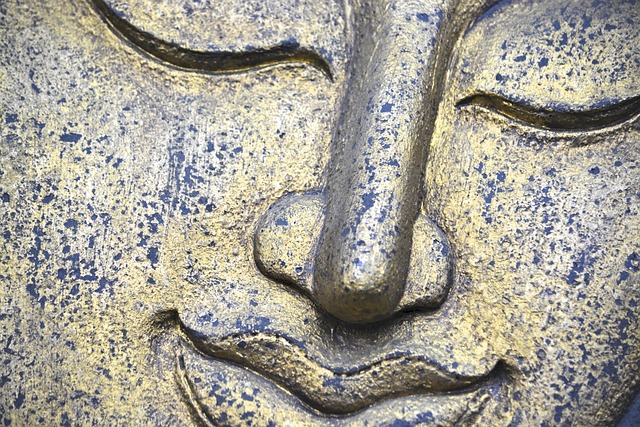Zen Buddhism's Core Beliefs
Zen Buddhism is a complex tradition that includes many fundamental concepts and beliefs. Enlightenment without intellectualism, Understanding matter and energy, The importance of the present moment, Rebirth and reincarnation, and Perceiving the world are some of them.
Enlightenment without intellectualism: Creatures go through a cycle of birth, death, and rebirth known as reincarnation. They learn valuable lessons with each iteration. Enlightenment is the point at which one no longer needs to be reborn. The central tenet of this practice is to achieve enlightenment by directly looking at your original mind or original nature without using your intellect. Zen Buddhism is more concerned with intuitive understanding of the world than philosophizing about it. It is concerned with what is rather than what we think or feel about what is. Zen simply focuses on things as they are, without trying to interpret them.
Understanding matter and energy: There is no distinction between energy and matter in Zen Buddhism. Even the most mundane objects, such as a rock or a table, are events rather than things. Everything around you is constantly happening. This is consistent with current scientific knowledge. Even as humans, you do not enter the world; rather, you exit the world. Humans are all expressions of the world, rather than a random occurrence of consciousness in a vast, blind universe.
he importance of the present moment: The focus on the present moment is the most distinguishing feature of this practice. According to the western concept of time, all humans are constantly looking back at their past in order to learn lessons from it. At the same time, humans are imagining a hypothetical future in which they can apply these lessons. As a result, the present moment is reduced to a speck between an infinite future and an infinite past. Zen is all about expanding and reclaiming the present moment. Which teaches you that getting anywhere is pointless if all you're going to do when you get there is think about the next future moment. Life exists only in the present moment, or nowhere at all.
Rebirth and reincarnation: According to Buddhism, the doctrine of reincarnation can be more accurately understood as a cycle of constant rebirth and death, as well as the coming and going of energy within the universe. This teaches that humans are all a part of the universe, both before and after death.
Perceiving the world: Then Buddhism holds that no one knows the answers to life's most difficult questions, and that answering them is impossible.This is due to the fact that humans see everything through the lens of their experiences, ego, and personality. This is the nature of their limited state, namely their mind. It's impossible to see all of the actors in this theater, and it's even more difficult to understand the roles of those you don't see. Zen Buddhism holds that humans are just humans and that everything we see is an illusion, not the truth.







